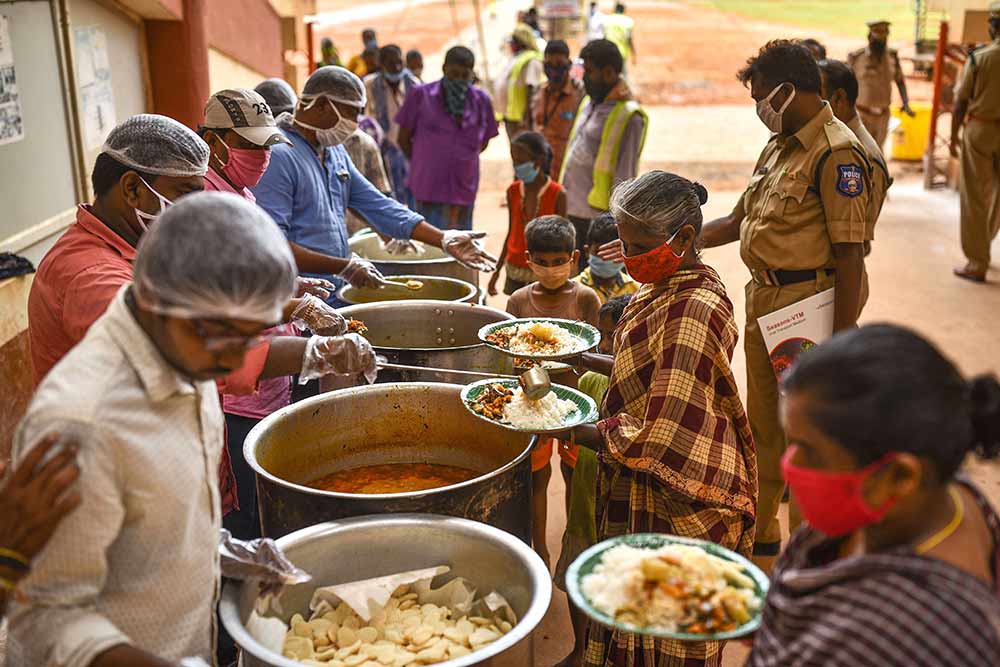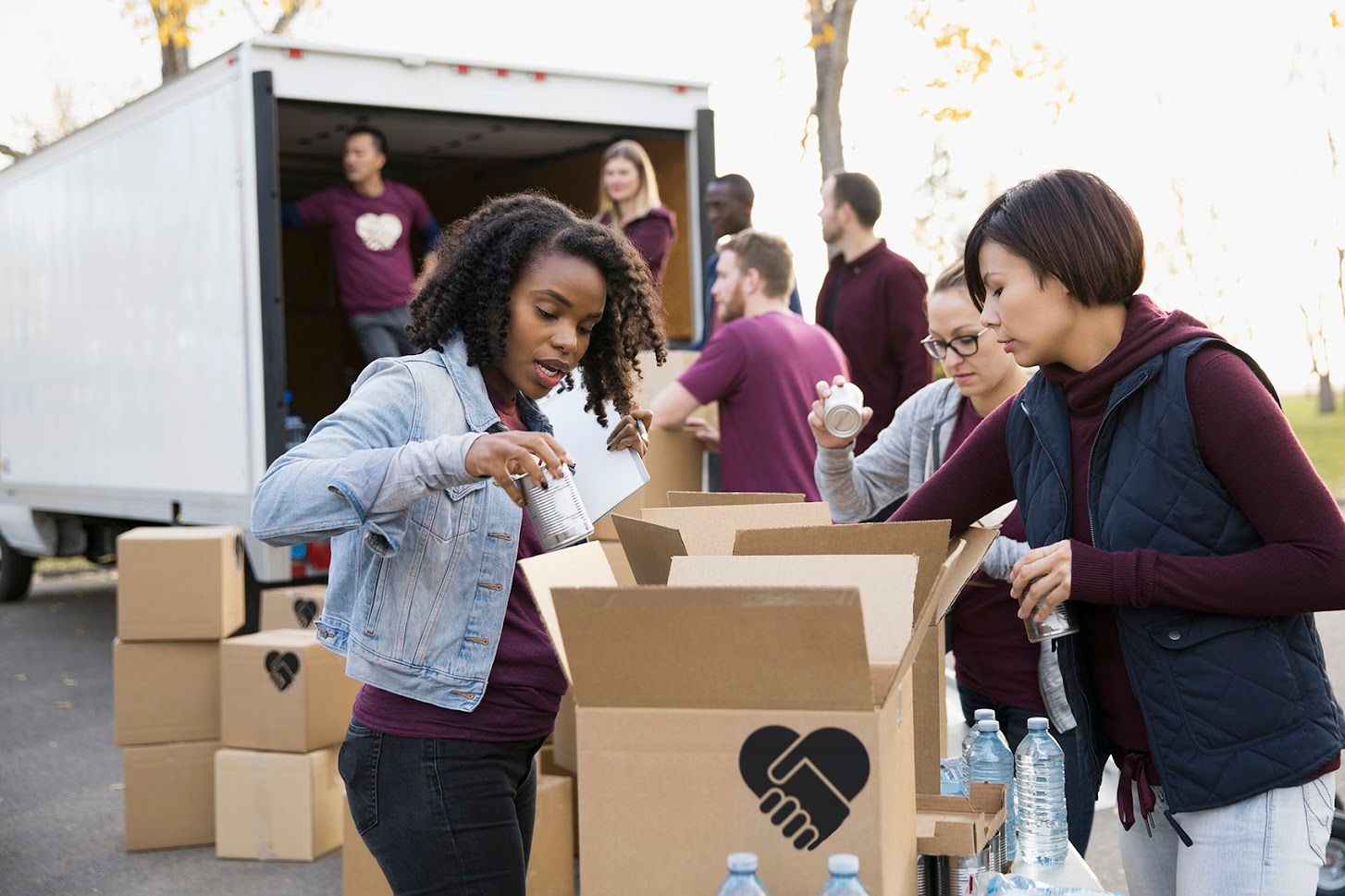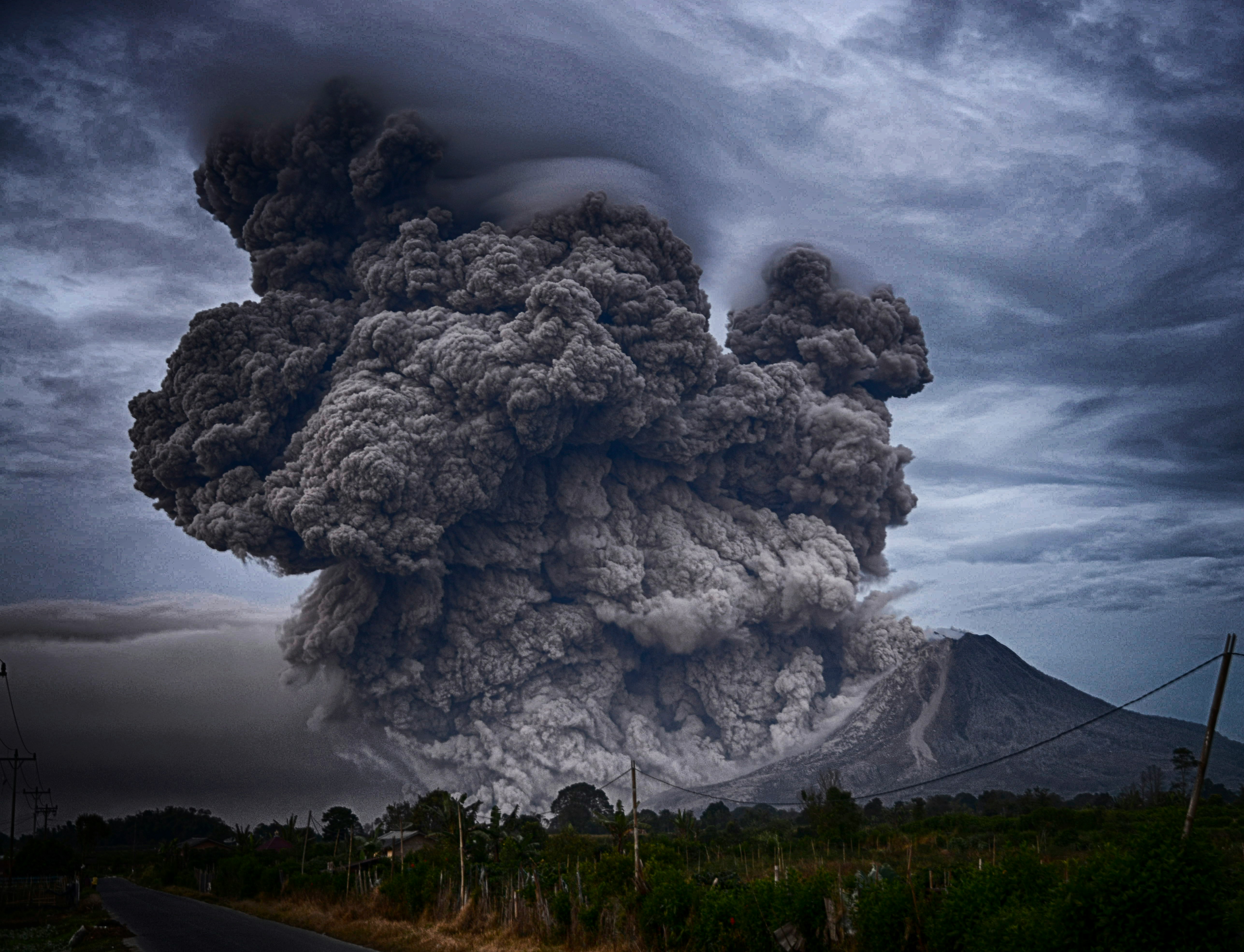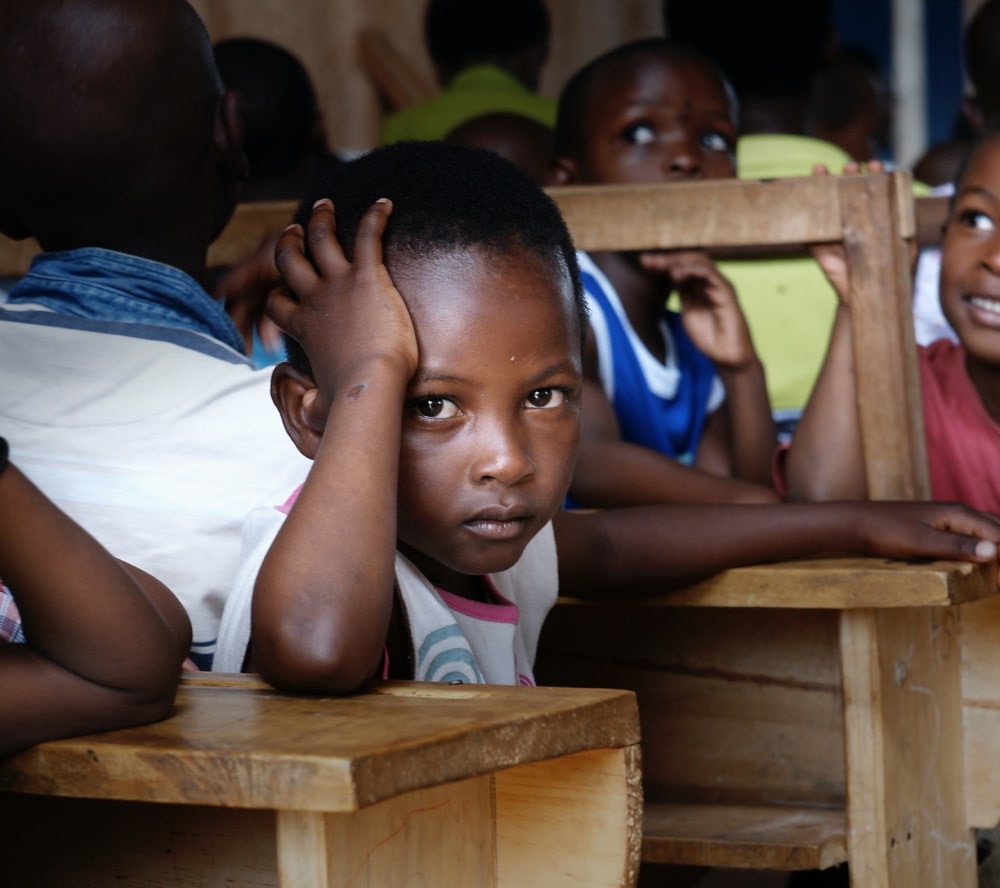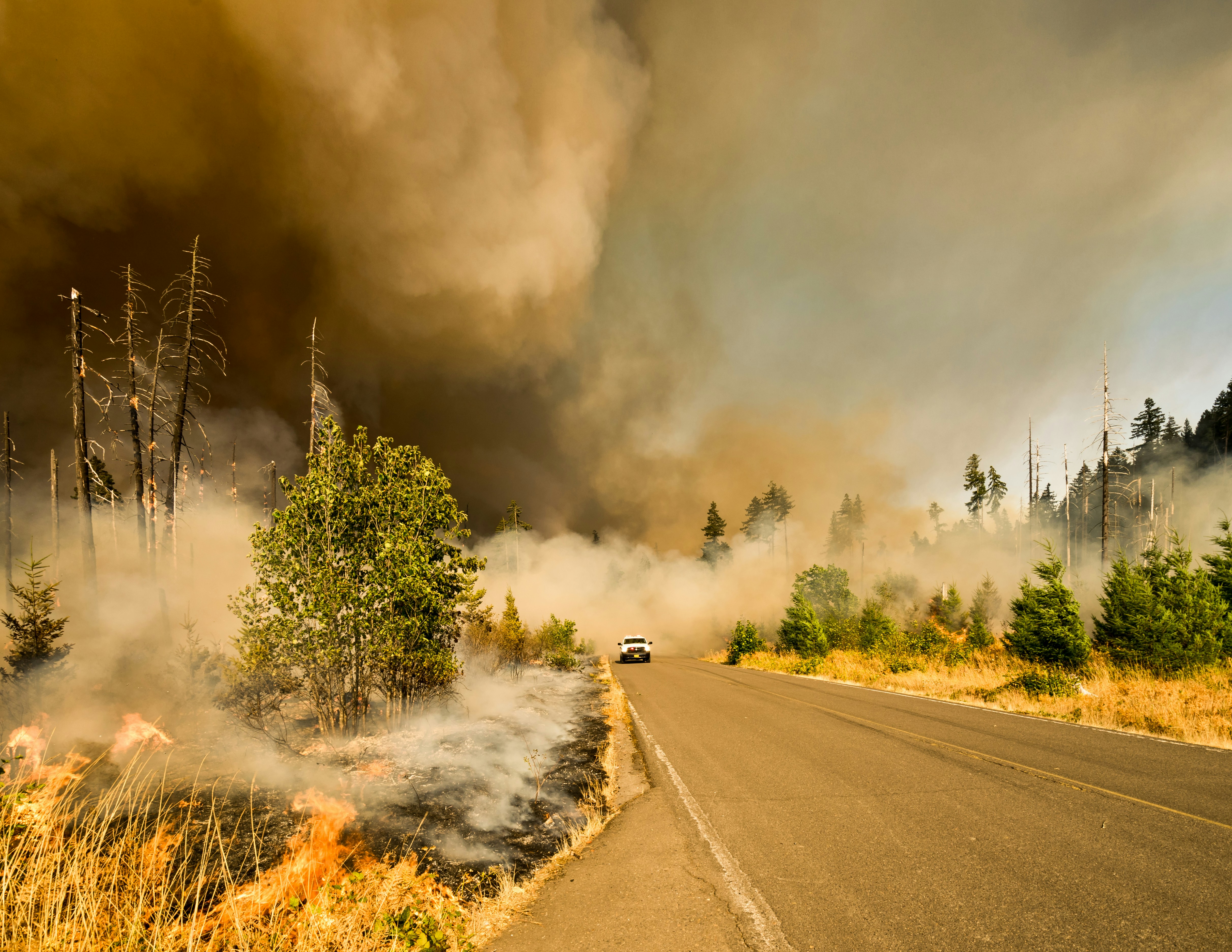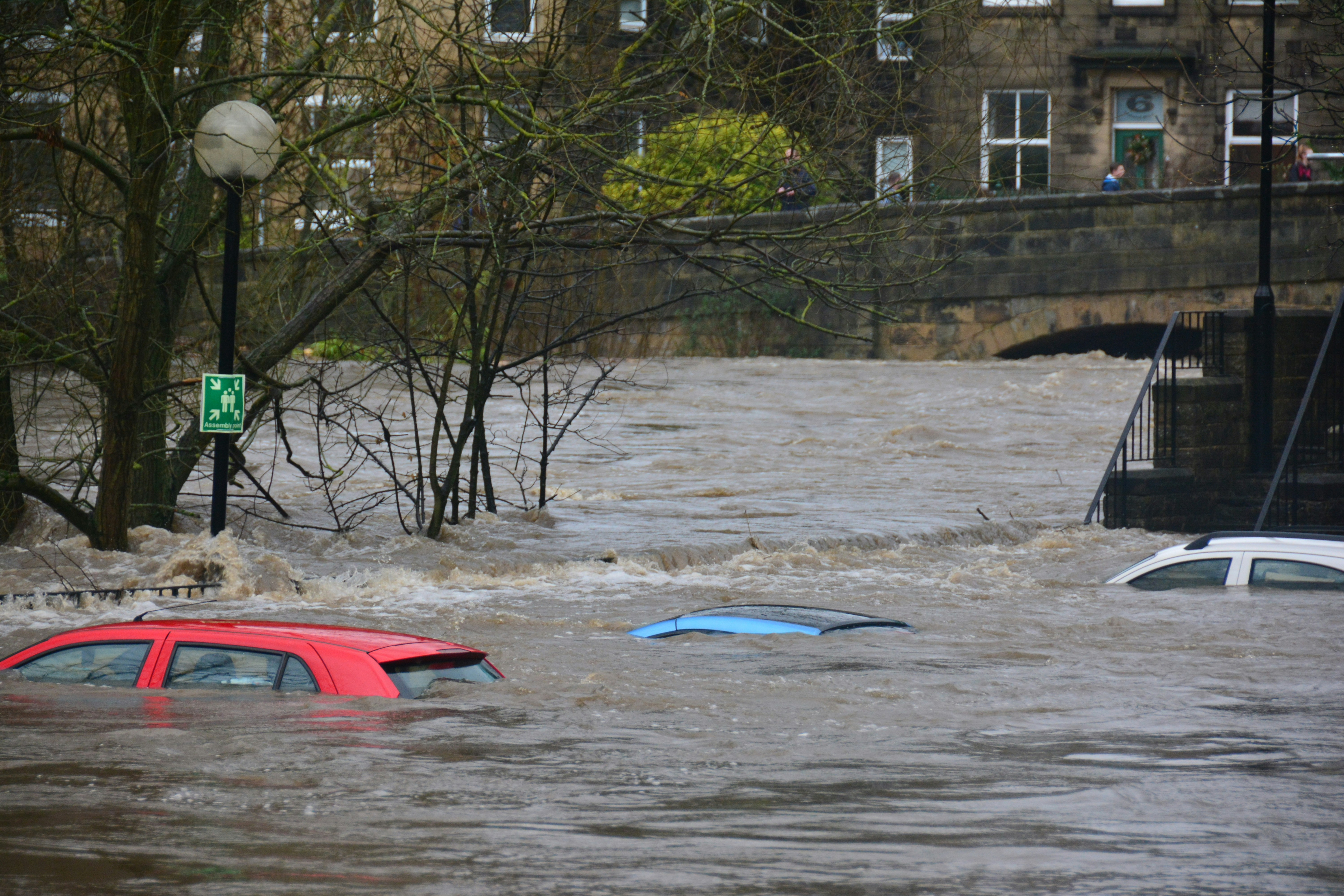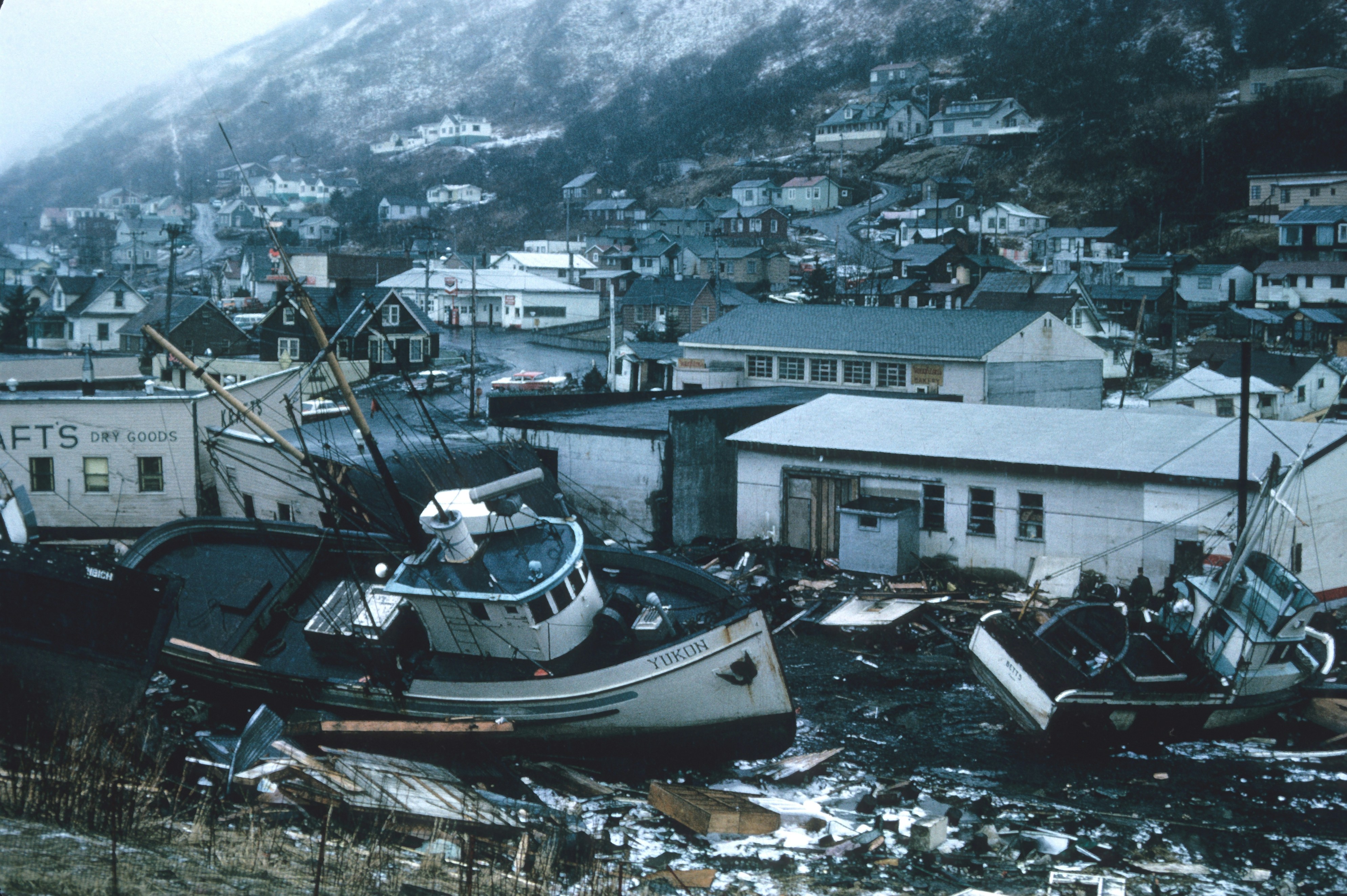Give a helping hand to those who need it!
Whenever God give disaster then they also send some helping hands to save you.
Our Vision
Volunteer efforts in disaster management play a crucial role in providing immediate relief and long-term recovery for affected communities.
Our Mission
Our mission as volunteers in natural disasters is to provide immediate, effective, and compassionate assistance to affected communities, with a focus on saving lives and facilitating recovery.
Help Today
Disaster
Disaster
Disasters from natural calamities like hurricanes, earthquakes, flood and conflicts.
earthquakes
earthquakes
Earthquakes occur when there's a sudden release of energy in the Earth's crust, ground to shake.
Tornado
Tornado
Tornadoes are powerful, rapidly rotating columns of air extend from thunderstorms to ground.
Floods
Floods
Floods are natural disasters characterized by the overflowing of water onto land that is usually dry.
About Us
Volunteers play a crucial role in disaster management, providing assistance and support to affected communities during and after disasters.
Rescues during disasters require a coordinated effort involving various emergency responders, volunteers, and organizations.
Our Mission
The mission of volunteers in disaster management is multifaceted and encompasses various roles and responsibilities aimed at providing assistance, support, and relief to affected communities before, during, and after disasters.
Overall, the mission of volunteers in disaster management is to save lives, alleviate suffering, and support the recovery and rebuilding of communities affected by disasters through their dedication, compassion, and commitment to serving others in times of need.
Our Values
the value of volunteers in disaster management lies in their selfless service, diverse skills and expertise, local knowledge and connections, and unwavering commitment to supporting affected communities in their time of need. Their contributions are essential for saving lives, alleviating suffering, and facilitating the recovery and rebuilding process in the aftermath of disasters.
Volunteers in disaster management bring invaluable contributions that enrich response efforts and support affected communities in numerous ways.
Our History
The history of volunteer involvement in disaster management is rich and diverse, dating back centuries and evolving alongside changes in societal structures, governance, and humanitarian practices.
Throughout history, volunteers have played a crucial role in disaster management, providing vital support to affected communities and contributing to the resilience and recovery of societies in the face of adversity.
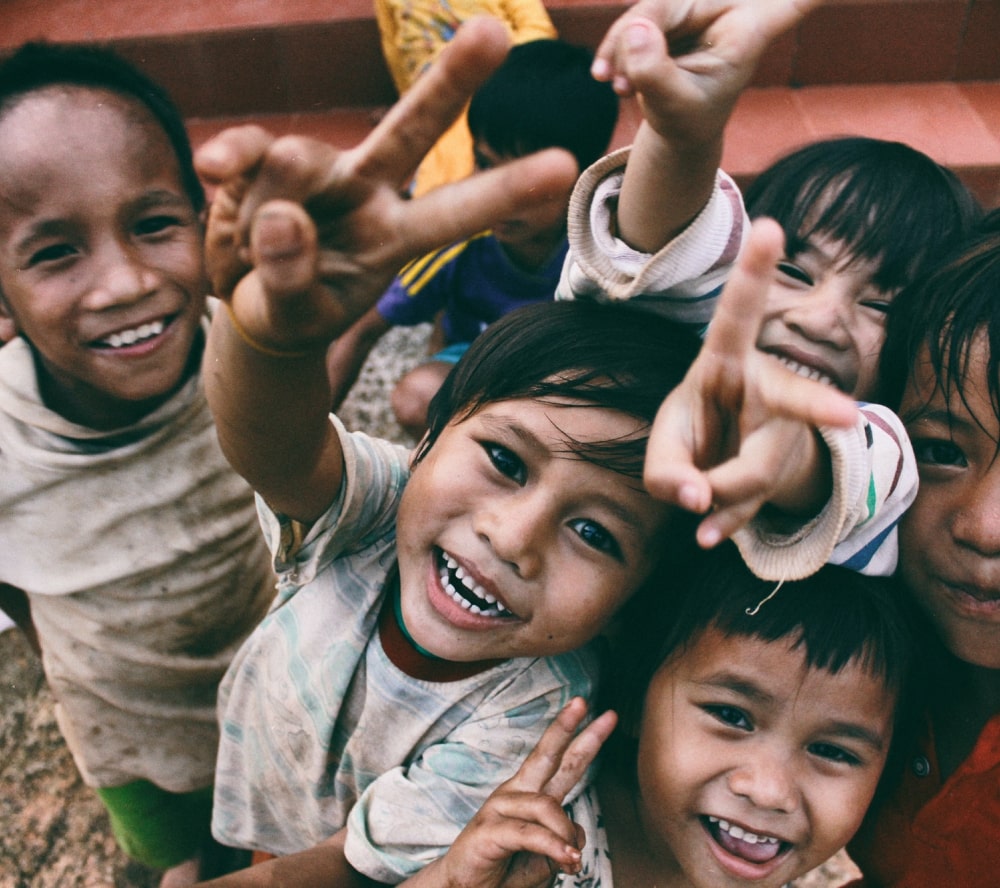

Featured Causes
volunteers play a crucial role in providing immediate assistance, supporting recovery efforts, and strengthening community resilience.
Explore Organisation work and Impact in 2024
In the aftermath of a disaster, various organizations, both local and international, mobilize to provide assistance and support to affected communities. Their work encompasses a wide range of activities aimed at addressing immediate needs, supporting recovery efforts, and building resilience.
Our News
Disaster management is the process of planning, organizing, and implementing measures to prevent, reduce, and deal with disasters. Disasters can be natural or man-made, and can cause human, material, economic, or environmental hardships
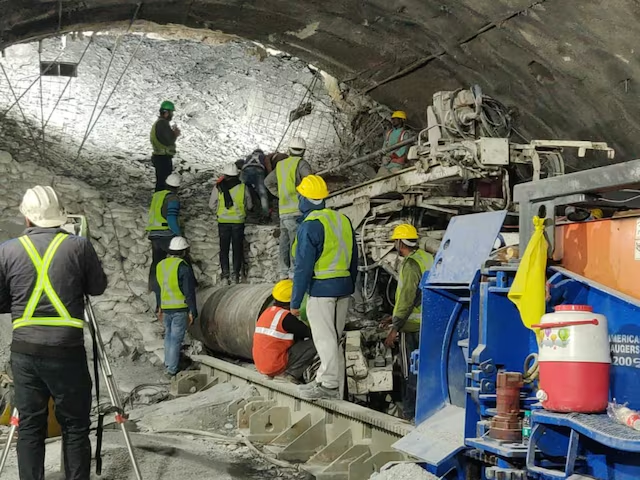
Supply Food
rescuers sent cooked food and medicine to 41 workers trapped in a collapsed tunnel in the Indian Himalayas through a new pipeline.

Innovation
Dexter Innovation Technologies patented a drone technology called "Rescue Ranger" that can help people during floods. The device can detect corpses in water, map underwater terrain, and provide relief to those in distress.
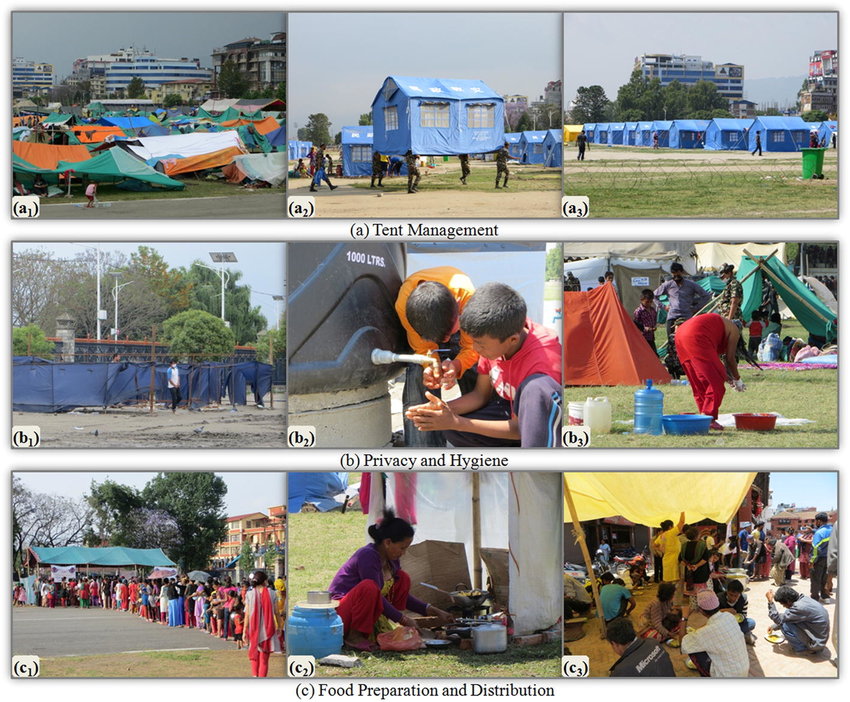 July , 2010
July , 2010
Shelter
Over the last 15 years CARE India and other NGOs have repeatedly responded to natural disasters where large numbers of people have lost their homes. These responses have frequently included both provision of short-term emergency shelter and construction of more durable housing, often designated transitional or permanent.

